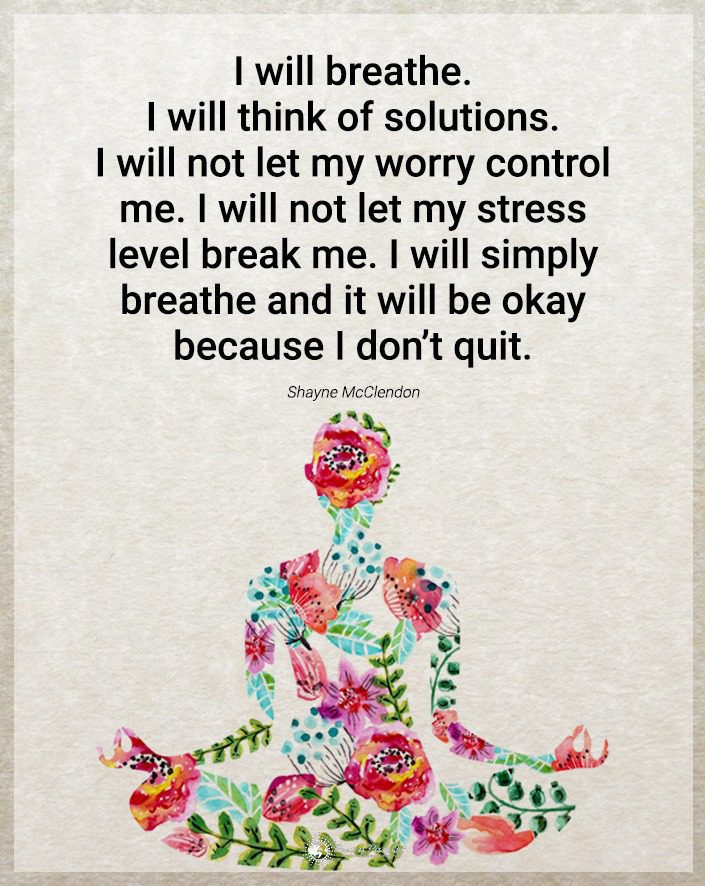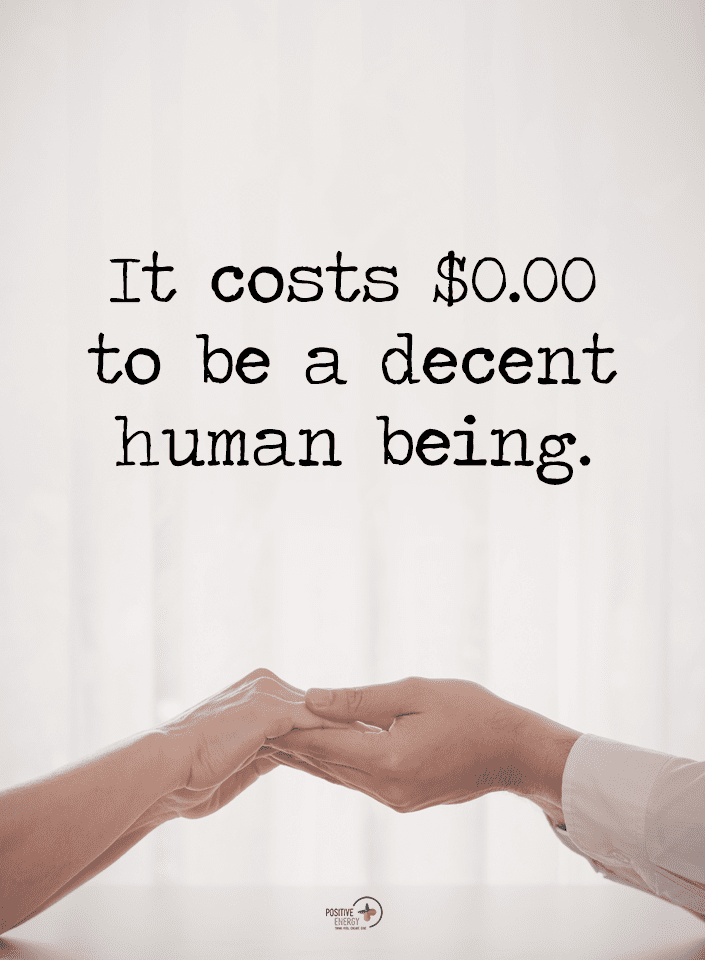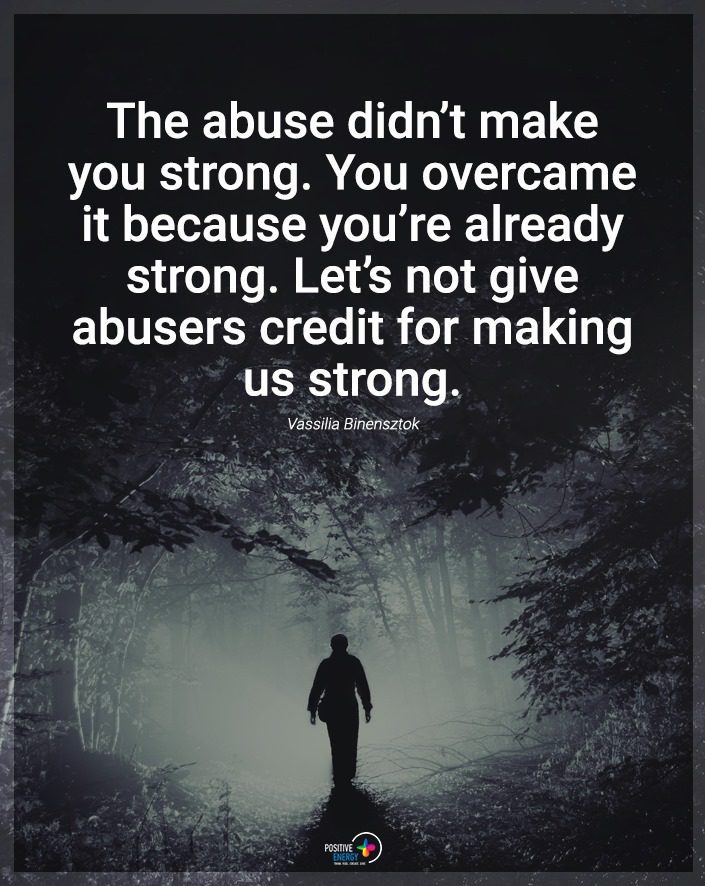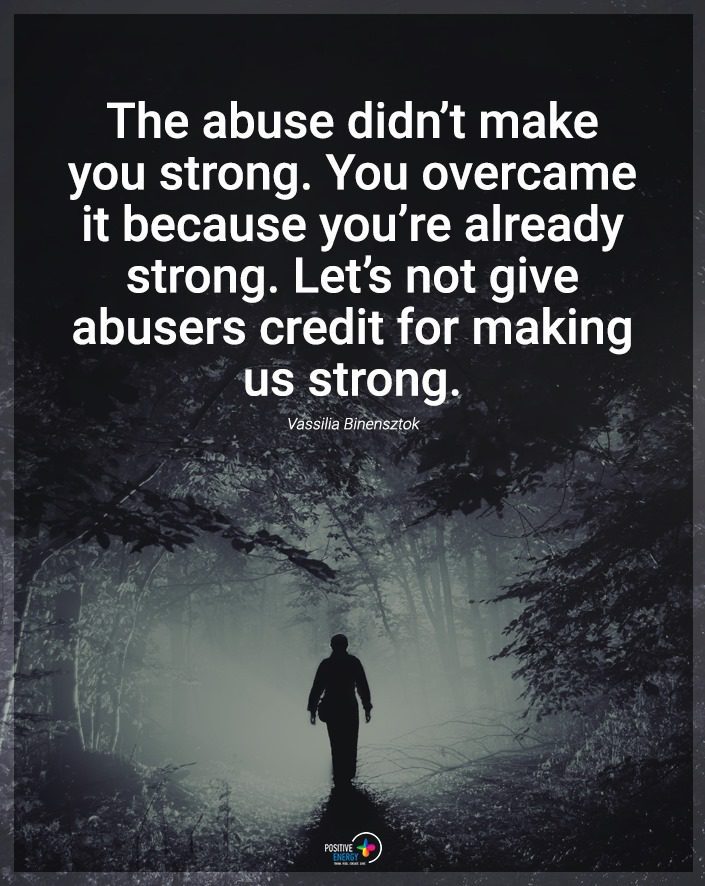Viewing things negatively and feeling like you can’t handle challenges could indicate a lack of self-respect. Without self-respect, your work performance could suffer, and you’ll be afraid to take on new opportunities. Affirmational statements could help you increase self-respect and allow you to experience a fulfilling life full of experiences.
Self-respect affects how you handle life experiences. Everyone experiences bad days and weeks, and it can take a toll on your self-esteem. Using daily affirmations can help you turn things around and regain self-respect.
Affirming statements can help you embrace who you are and rediscover self-love. As you become confident in who you are, your self-respect will increase, too. Your work life isn’t the only part that will increase either, as it’ll also promote a calmer mind.
You won’t experience as many negative thoughts when you feel good about yourself. You won’t spend as much time thinking about what you did or said earlier. If you struggle with these things and want to improve your self-respect, these affirmational statements are for you.
Twenty Affirmational Statements to Increase Self-Respect
You can say these affirmational statements any time, but they’re best in the morning as you get ready. Look in the mirror and smile as you say the phrases; your mind will process them as the truth. It helps you gain self-respect that lasts throughout the day.
1. I am making progress toward my goals each day.
By reminding yourself that you’re making progress toward your goals, you’ll feel better about what you’ve done. It helps you identify your daily accomplishments, allowing you to see how great you are. This affirmation not only makes you feel better but also encourages you to make more progress.
2. I take care of myself and prioritize my health.
One of the best ways to boost your self-respect is to take care of yourself. Your mental and physical health are both essential to your well-being. If you want to feel good about who you are, start prioritizing yourself and your health.
3. I accept myself for who I am right now.
Accepting yourself as you are in this moment is essential to having self-respect. You can strive to become a better version of yourself while still recognizing the importance of respect. It will help you accept your flaws, mistakes, and anything else you’ve struggled with.
The more often you use this affirmational statement, the more your positive feelings increase. No one is perfect, but you can respect and love yourself anyway.
4. I am contributing to the world around me every day.
You might sometimes feel like you don’t contribute to society, but you always do. Whether you smile at a stranger, hold the door for someone, or do any other act of kindness, you’re contributing.
There are many other ways you contribute that you don’t always think about too. Jobs contribute to the world around you, and raising kind children does. Think outside the box and consider how you bring good to the world as you say this affirmation.
5. I deserve kindness and compassion, so I treat myself with respect.
Reaffirm that you deserve kindness and compassion and will be more likely to show it to yourself. It’s easy to forget that you deserve good things, too, so a daily reminder can make all the difference.
Being kind to yourself can quickly boost your sense of self-respect and remind you of your self-worth. This affirmation will help you feel better throughout the day. Indeed, this affirmational statement will grant yourself grace and compassion.
6. I am happy with who I am and embrace my unique qualities.
Everyone is different, and it’s nothing to be ashamed about. Instead, embrace your unique qualities because they are what set you apart from everyone else. You don’t have to be like everyone else to be happy with who you are, so use this affirmation as your reminder.
7. I stand up for myself and don’t allow people to mistreat me.
Standing up for yourself is one of the best ways to boost self-respect. You don’t have to be unkind to stand up for yourself; you’ll get your point across better if you’re nice. It will leave you feeling empowered and confident when speaking up.
8. I have everything I need in my life right now.
You might not have everything you want now, but you have what you need to survive and grow. Acknowledging that your needs are met daily can help you feel better overall. Then, you’ll experience more self-respect than when you thought you lacked something.
9. I am strong enough to handle anything that comes my way.
You are strong, powerful, and brave. Use this affirmation to remind yourself of that fact each day. You can handle anything that you encounter along your journey. By reminding yourself that no obstacle or hardship can stop you, you’ll quickly experience more self-respect and confidence.
10. I appreciate the supportive people in my life.
When you have people who love and support you, it can help boost your self-respect. The people who care about you treat you kindly; this affirmation is a helpful reminder. You’ll start to treat yourself the way your loved ones do, and it’ll quickly make you feel better.

11. I can do anything and know how to improve my life.
There’s nothing you can’t do when you set your mind to it. Remember that you have everything it takes to improve your life, so go with your gut moving forward. You’ll feel better about your life decisions and respect yourself more.
12. I am valuable to the world around me, and people appreciate what I do.
Don’t allow yourself to believe that you aren’t valuable to the world around you. You are valuable, and people appreciate you. This affirmational statement is perfect for you if you ever struggle with identifying your self-worth.
13. I surround myself with people who are kind and supportive.
If you have negative thoughts when you spend time around certain people, it might be time to reprioritize. Spending time with negative people who aren’t kind can affect your self-respect. Prioritize your friends and loved ones who support you and don’t make you feel bad about yourself.
14. I am capable of anything I want or need to do.
You can do anything if you dedicate yourself to it, and if you think you can’t, it’s likely because you lack self-respect. Anytime you tell yourself that you can’t do something, it indicates that you don’t believe in yourself.
15. I am making changes to live the life I want to live.
If you ever question yourself and wonder if you’re making the right choice, this affirmation is for you. Reassure yourself that you are doing what is necessary to improve your life. Besides that, this reminder will boost your self-respect and allow you to feel good about what you choose to do.
16. I treat myself with respect and kindness.
Telling yourself that you treat yourself well can make all the difference in your life. When you tell yourself something enough times, your mind processes it as the truth. So, repeat this daily affirmation to help boost your self-respect and feel better about life.
17. I love the person I am becoming.
Change is part of life, and even if you don’t realize it, you change a little daily. This affirmation will help you develop self-respect because you’ll love who you are. Life becomes much better when you see the good in yourself and embrace each step of your journey.
18. I appreciate the things I’m good at and use them to my advantage.
No one is good at everything, so don’t beat yourself up over your weaknesses. Instead, embrace the things you’re good at and see how you can use them to your advantage. Repeat this affirmation each morning to help you acknowledge and use your strengths.
19. I value how I spend my time.
When you value your time, it helps boost your self-respect. You only have so much time in one day, so respecting how you spend it allows you to take control of your life.
Don’t agree to things you don’t want to do, and don’t put other people’s needs before your own. You can’t get that time back, and letting people cut into your time that way can take a toll on your self-respect.
20. I deserve to prioritize happiness in my life.
Negative self-talk might lead you to believe that you don’t deserve happiness. However, good people deserve happiness and joy in their lives. Repeat this affirmational statement until you gain enough self-respect to embrace happiness.
Final Thoughts on Affirmational Statements to Increase Self-Respect
You can live a meaningful life that reflects the person you are when you respect yourself. So if you struggle with self-respect, these affirmational statements can make a difference in your mindset. Repeating them daily can help you build respect for yourself and prioritize your well-being.
Everyone experiences times when they don’t think they deserve respect, but you must overcome this feeling. Remember that you are valuable, and worthy. Indeed, you can do anything you set your mind to. These affirmational statements will help you remember, allowing you to increase your self-respect each day.



















